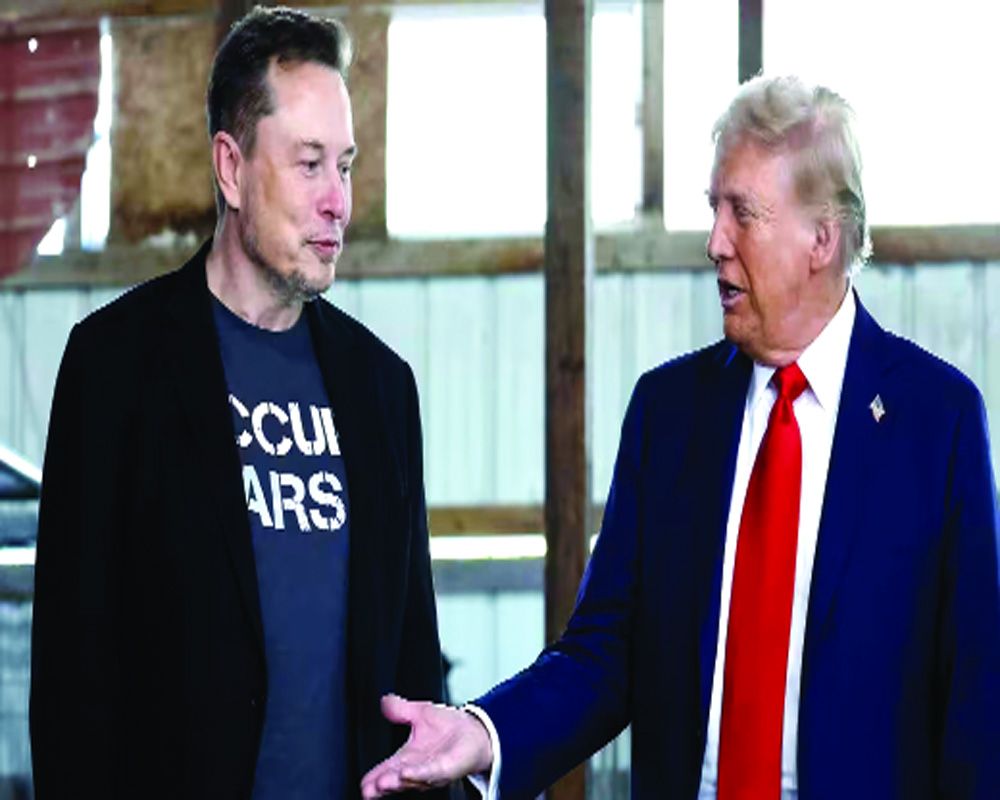Trump's Alliances and Global Implications: A New World Order in the Making?

In the intricate dance of global politics and business, the adage "Insult is an investment" seems to hold true, particularly when considering Donald Trump's political resurgence following his 2020 election defeat. Drawing parallels from history, Trump's strategic alliances, particularly with figures like Vladimir Putin, suggest a redefinition of power structures that could pave the way for a new world order under autocratic rule.
Trump's promise to "save the Hindus" during Diwali, despite India's Prime Minister Narendra Modi's existing claims as their protector, introduces a complex layer to international relations. This pledge, perceived by some as a lifeline in a geopolitically turbulent world, underscores Trump's attempt to forge connections beyond traditional political boundaries.
Meanwhile, tensions between India and Canada are escalating, particularly highlighted by Canadian Prime Minister Justin Trudeau's policies which are seen as anti-India. This discord could potentially fuel Sikh extremism, complicating India's geopolitical stance further, especially if it finds an unexpected ally in Pakistan, creating a volatile mix of Islamic extremism and Sikh separatism.
The historical echo of such alliances can be traced back to Henry Ford's support for Adolf Hitler, driven by both ideological admiration and lucrative business opportunities. Similarly, today's tech magnate Elon Musk's endorsement of Trump reflects a strategic alignment of business interests with political power. Musk, like Ford, leverages his platform, now known as X (formerly Twitter), to influence public discourse and political narratives.
Musk's relationship with Trump, while less ideologically driven than Ford's with Hitler, still mirrors the historical intertwining of business and politics. Both Ford and Musk have utilized their business acumen and political affiliations to expand their influence, with Musk potentially seeing in Trump a conduit for policies favorable to his expansive business empire, such as deregulation and tax benefits.
This alignment of powerful business figures with controversial political leaders raises critical questions about the future of democracy and global stability. The rise of populism, the fracturing of traditional alliances, and the unpredictable nature of these alliances could significantly impact the global landscape.
As history has demonstrated, the convergence of business and politics can lead to transformative changes, whether for better or worse. The implications of Trump's alliances, particularly with figures like Putin, and the strategic maneuvers by business tycoons like Musk, will likely shape international relations and domestic policies in the coming years, echoing the far-reaching consequences of similar historical precedents.
The views expressed in this article are those of the writer, an associate professor, and do not necessarily reflect the editorial stance of Alayaran.com.
